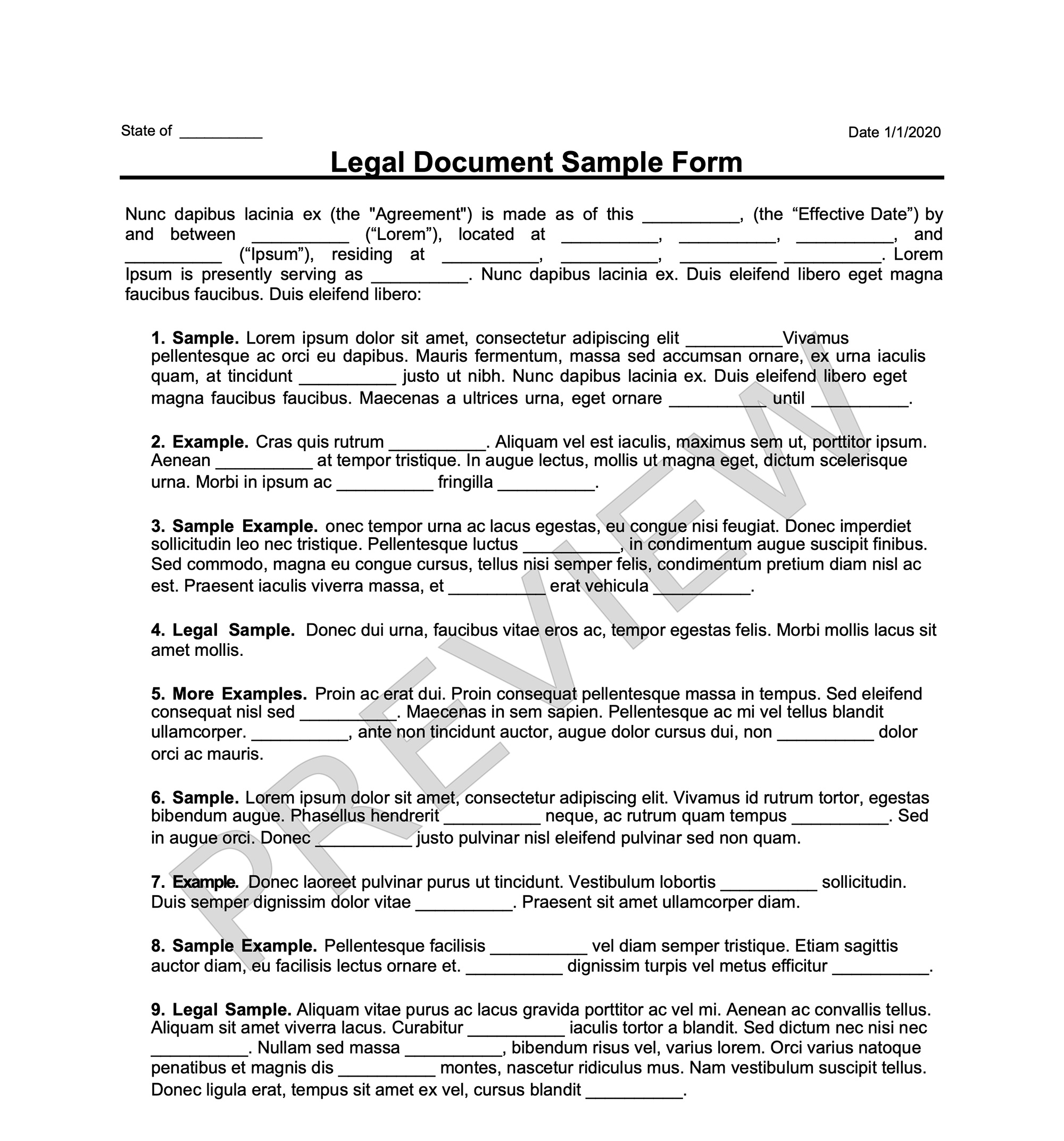
A Rent Deferral Agreement between a landlord and a tenant changes the rent provision in the lease agreement such that the tenant can defer the payment of rent in full or in part until later.





If a tenant has temporary financial problems, they may ask the landlord for a Rent Deferral Agreement.
The agreement allows the tenant to pay a lower monthly rate for the designated period in deferment later, as defined in the Rent Deferral Agreement.
A Rent Deferral Agreement modifies the original lease agreement between a landlord and a tenant so the tenant can pay a reduced rental rate for a period, to be topped off in full later, potentially with interest.
Depending on your state, a Rent Deferral Agreement may also be known as:
A tenant can ask the landlord for a Rent Deferral Agreement if they need to postpone the monthly rent. Both residential and commercial tenants can use rent Deferral Agreements.
Customized for you, by you
Create your own documents by answering our easy-to-understand questionnaires to get exactly what you need out of your Rent Deferral Agreement.
Specific to Your Jurisdiction
Laws vary by location. Each document on 360 Legal Forms is customized for your state.
Fast and easy
All you have to do is fill out a simple questionnaire, print, and sign. No printer? No worries. You and other parties can even sign online.
Your Rent Deferral Agreement must be precise, and the best way to get everything right is to use 360 Legal Forms. Fill out the form and create the document in just a few minutes.
Let 360 Legal Forms help with our extensive library of attorney-vetted legal forms. The process is fast and easy. All you have to do is fill out our easy-to-understand questionnaire. Once complete, simply download your form as a PDF or Word document from your secure online account.
To create your document, please provide:
A Rent Deferral Agreement needs to be signed by the tenant and landlord. For any entity tenant or landlord, an authorized representative will sign the document. It is not required to be notarized, but you can do so as a precaution against future challenges to the signatures.
After printing and signing the document, the landlord and tenant should each have a copy of the form for safe-keeping. The landlord may ask for other documents from a commercial tenant as proof of temporary business disruption.
Rent Deferral and Rent Abatement are two different types of relief offered by a landlord as a concession to a tenant. Rent deferral refers to a postponement of rental payments until a later time, to be defined in a Rent Deferral Agreement executed by the landlord and the tenant. Rent deferral can be complete or partial. The tenant is obligated to repay the deferred portion of the rent at the end of the deferral period. The payment schedule and any interest charged will be defined in the agreement. On the other hand, rent abatement is a free rent concession for a limited period. It can be for any reason, such as an incentive to a tenant for agreeing to an extended lease term. By nature, landlords are unlikely to offer rent abatement for longer than rent deferral, with a couple of months the most common.
The landlord may want to consider:
The tenant may want to consider:
Rent Relief programs for tenants affected by COVID-19 are available in the United States, but not on the federal level. The city of Los Angeles, for example, approved $103 million for rent relief, so far the most extensive program in the country. California also has a moratorium on evictions, which will end 90 days after the Governor lifts the state’s COVID-19 emergency. Check for rent relief programs in your state and county at COVID-19 Relief Programs for Businesses and Employers.
Landlords can file eviction notices during the coronavirus pandemic or any other state of emergency unless specifically forbidden otherwise. However, if your state, city, or county has put a hold on evictions, family courts will not be processing eviction so any eviction notices would have no teeth behind them. Without a court-enforced eviction, it would be illegal for landlords to cut off the water or electricity, change the locks, and so forth.